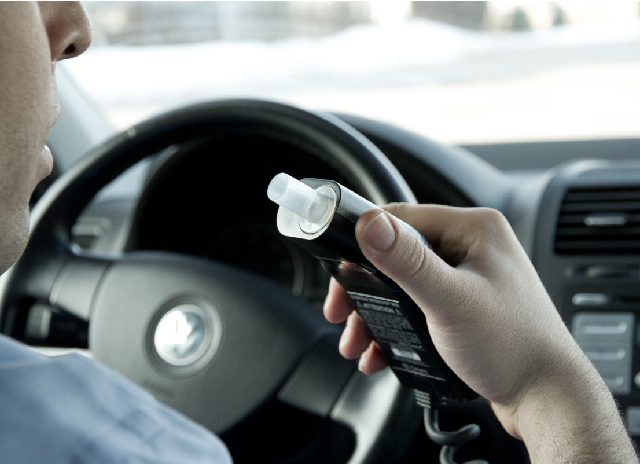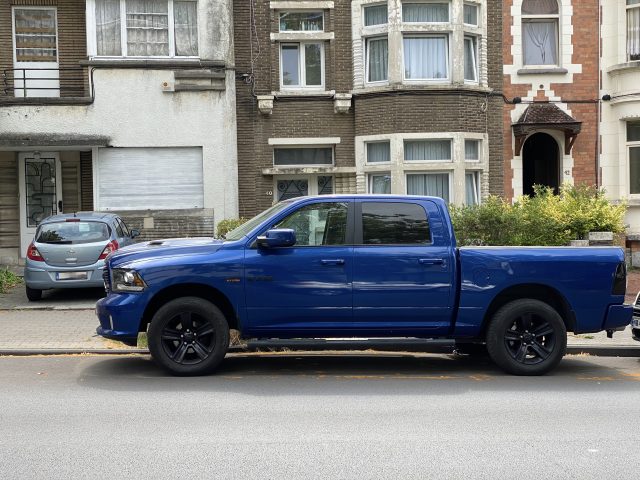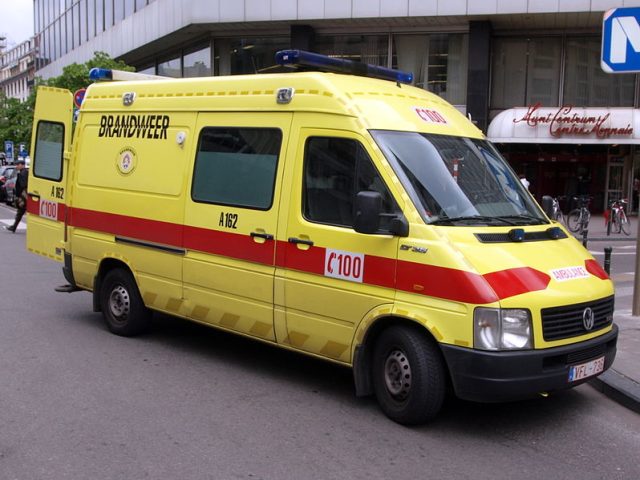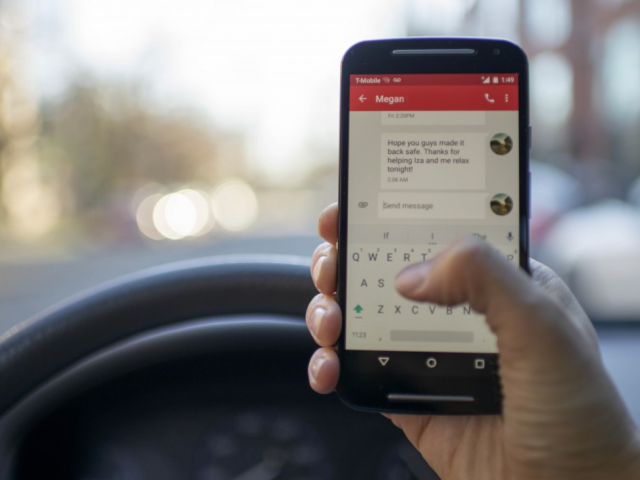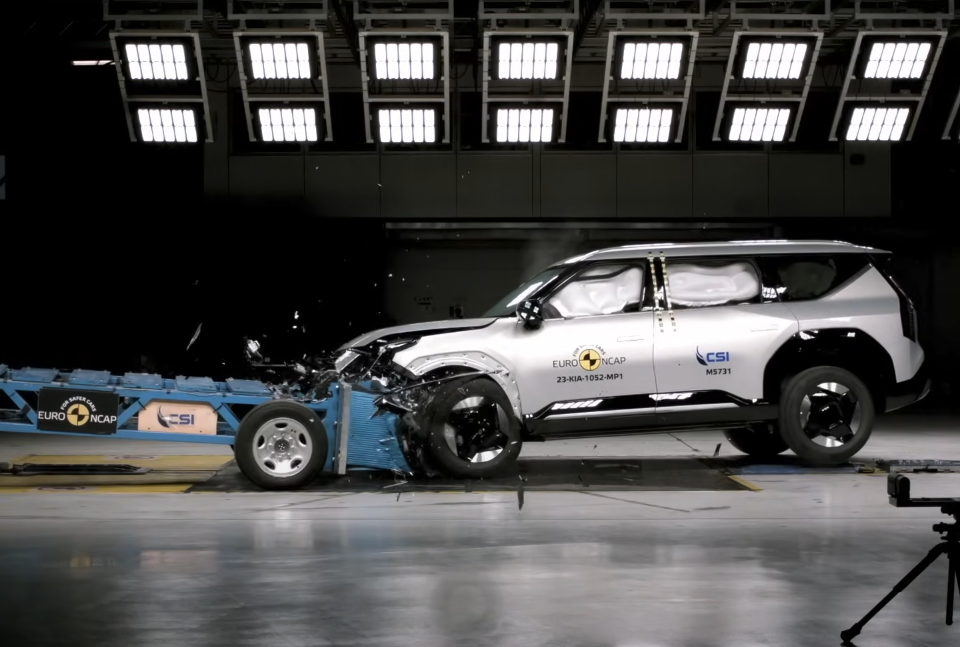30 km/h speed limits cut congestion
The claim that 30 km/h speed limits lead to increased traffic congestion and higher congestion costs is a myth, unsupported by evidence, according to a new paper by George Yannis and Eva Michelaraki of the National Technical University of Athens. The study reports that examination of traffic patterns in Switzerland revealed that 30 km/h limits allowed the road system to accommodate cars more efficiently, resulting in faster overall travel times.
Speed
Speed is the number one killer on Europe’s roads. Read our latest report on how EU countries are tackling the problem.
Drink-driving
A quarter of road deaths in the EU are alcohol related. Our interactive map shows how different European countries are tackling the problem. See also our new map looking at the use of alcohol interlocks in different countries.
EU Road Safety Exchange
We’re helping EU Member States share best practice on a wide range of road safety policies. Find out more.
Latest News
ETSC is a Brussels-based independent non-profit making organisation dedicated to reducing the numbers of deaths and injuries in transport in Europe. Areas that we work on:
